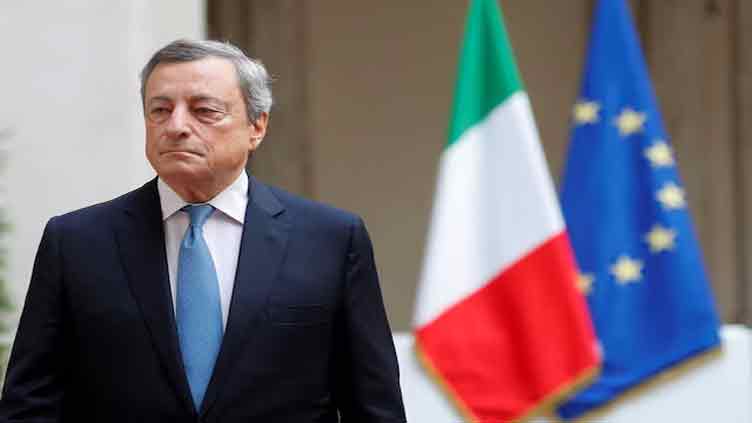Lower EU energy prices, develop strong industrial policy to compete: Draghi

Business
Less productivity growth compared to United States mainly due to stronger US tech sector
A faster roll-out of European Union renewable energy sources is required
Boost spending on research and innovation
Pressure China to play by global trade rules. Do not be afraid of imposing tariffs and using subsidies of its own
BRUSSELS (Reuters) – Europe must lower its energy prices, develop capital markets and have stronger industrial and trade policies to be competitive, former Italian prime minister Mario Draghi said ahead of the publication of his report commissioned by the EU.
Last September, the European Commission asked Draghi, also a former European Central Bank president, to write a report for the EU on how to keep its economy competitive in a world of new security threats, climate change and rapid technological change.
The report will be published in the coming weeks. In a speech in Spain, Draghi provided a foretaste of its contents, noting Europe's lower productivity growth compared to the United States was mainly due to a much stronger US tech sector.
This productivity gap is likely to widen as the US pulls ahead in artificial antelligence and cloud computing, he said.
To develop energy-intensive digital technologies, the EU must lower electricity prices, which are now 2-3 times higher than in the United States, Draghi said.
This would require a faster roll-out of EU renewable energy sources, the development of electricity grids and a decoupling of renewable energy prices from fossil fuel-sourced electricity.
European companies must boost spending on research and innovation, which is currently half that of US firms, he said.
Public investment in R&I of around 0.7-0.8 per cent of GDP is similar on each side of the Atlantic, but EU spending was split between 27 countries with little prioritisation or coordination.
The EU should develop its capital markets to allow massive European private savings to finance EU companies through securities like bonds and equity, he said.
Draghi said the EU needed to coordinate preferential trade agreements and direct investment with resource-rich nations, build stockpiles in selected critical areas, and create industrial partnerships to secure key technology supply chains.
He compared China's spending on its industrial strategy and those of the EU's biggest economies, France and Germany.
"According to a conservative estimate, in 2019 China spent around three times as much on industrial policy as Germany or France as a share of GDP, and in dollar terms at PPP (Purchasing Power Parity) it spent around ten times as much as both countries combined," he said.
Draghi said the EU's response should be to pressure China to play by global trade rules and failing that not be afraid of imposing tariffs and using subsidies of its own.


